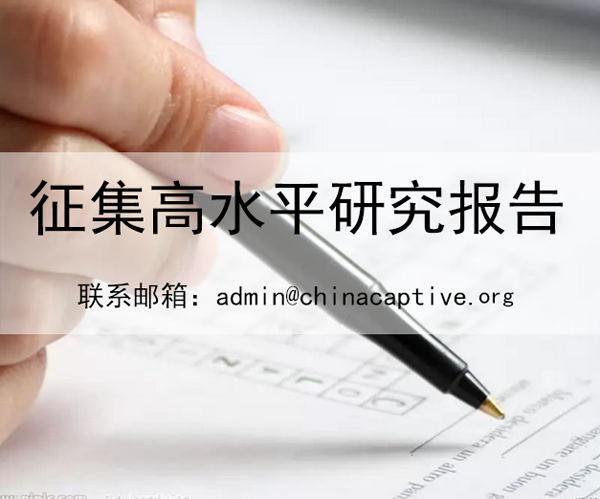Foreign insurers are hunting for opportunities in China's retirement and healthcare sector, with the two sectors fast becoming integral for the sustained growth of the insurance industry in the nation.
"If you look at China's national social agenda, it's really around retirement and health. Those are the kind of things that excites not only us but also every insurance company," said Alex Kimura, chief strategy officer for Asia at UK-based insurance giant Aviva.
Given the aging population in China and the way the country has been managing the retirement and the pension system, there are a lot of growth opportunities for private insurers, said Kimura, who also sees a growth trend in multi-generation management of insurance in China, which is related to retirement and the adoption of the nation's second-child policy.
"Insurance companies used to issue policies for an individual. What will be great is to have a policy issued for the family, managing insurance and protection as a family, as opposed to just an individual," he said.
According to a report from global management consulting firm Oliver Wyman, the total managed assets by insurers in China will reach $4 trillion by 2022, compared to $1.7 trillion in 2016.
Such a huge market has also attracted global asset managers such as Fidelity International, which aims to provide full retirement and asset management solutions for Chinese customers.
As China has not gone through multi-generational wealth management, whereas some other countries have gone through a lot of succession planning, estate planning and financial planning, multinational insurers can bring the expertise in their home markets to China, Kimura said.
For instance, having two children dramatically changes how a household operates, how people save money, and how people look at succession planning, which is a new concept for many Chinese people.
"How do you plan for two-children succession planning? Is everything 50-50? Do you prefer 60-40? Why 60-40? ... A lot of questions come up when you have more things to deal with. Chinese consumers can learn from the vast experience of multinational corporations in wealth management in other countries where they have already thought about these questions," he said.
It is worth noting that there is also a specific Chinese cultural element to wealth management, which is not always the same as other countries, so it needs to be tailored to the Chinese market.
Another trend insurers are seeing is healthcare. A large-scale national health program has been planned in China, and it creates huge opportunities for the industry, he said.
Aviva is investing in mobile technologies that allow clients to take real-time medical advice without having to go to hospital.
It is also investing in companies looking at how to manage preventive care, such as detecting the chances of a person getting cancer.
Source: China Daily





